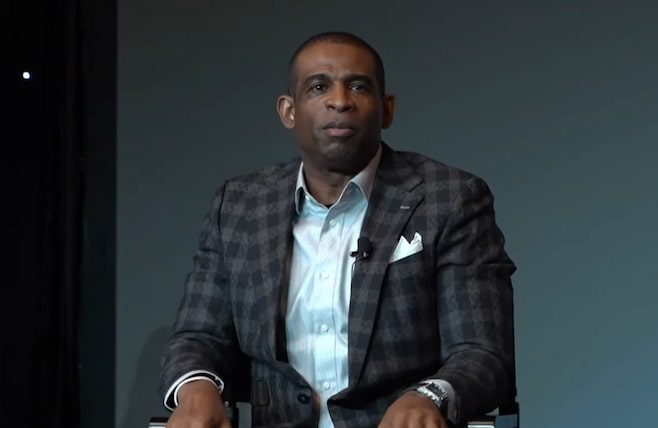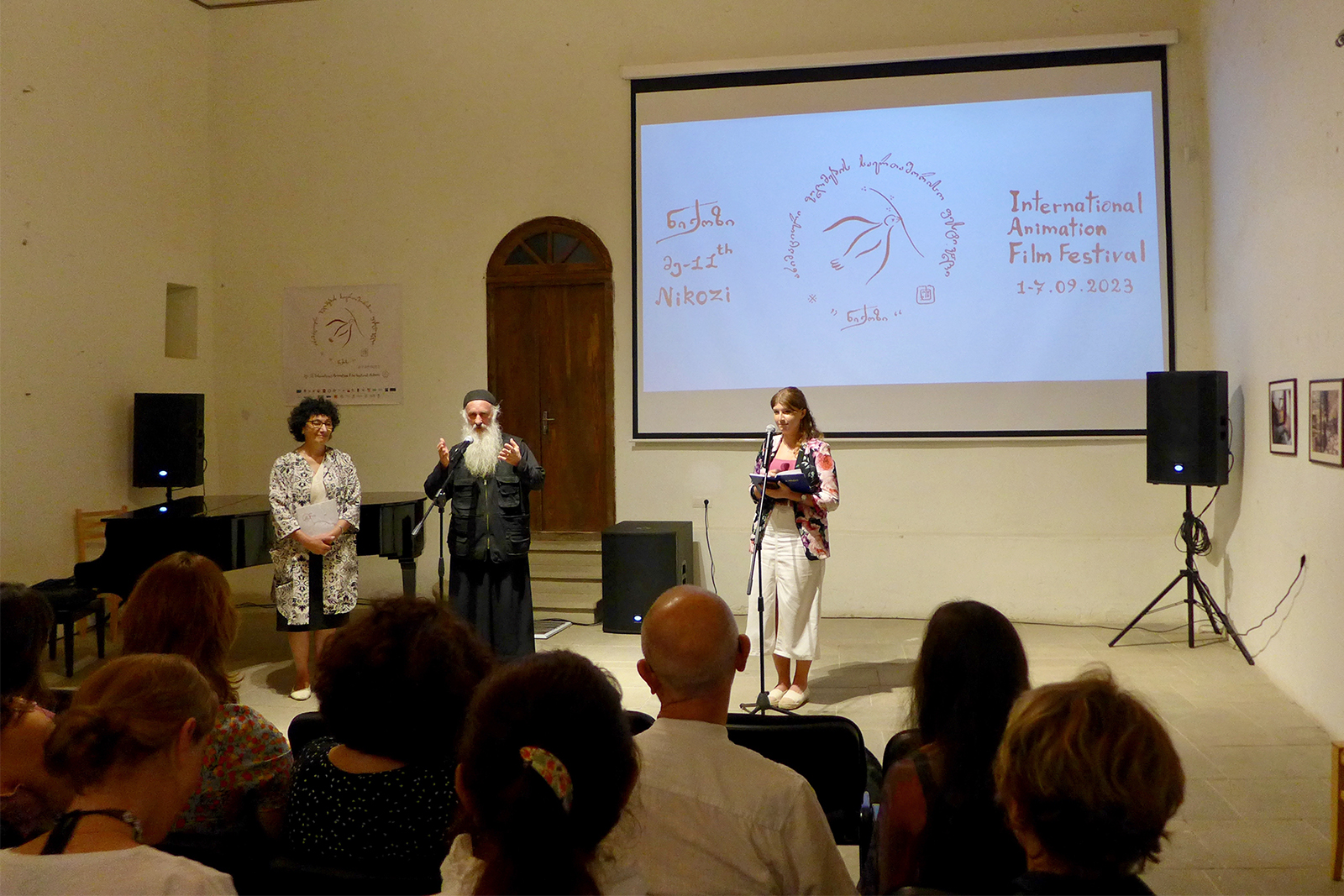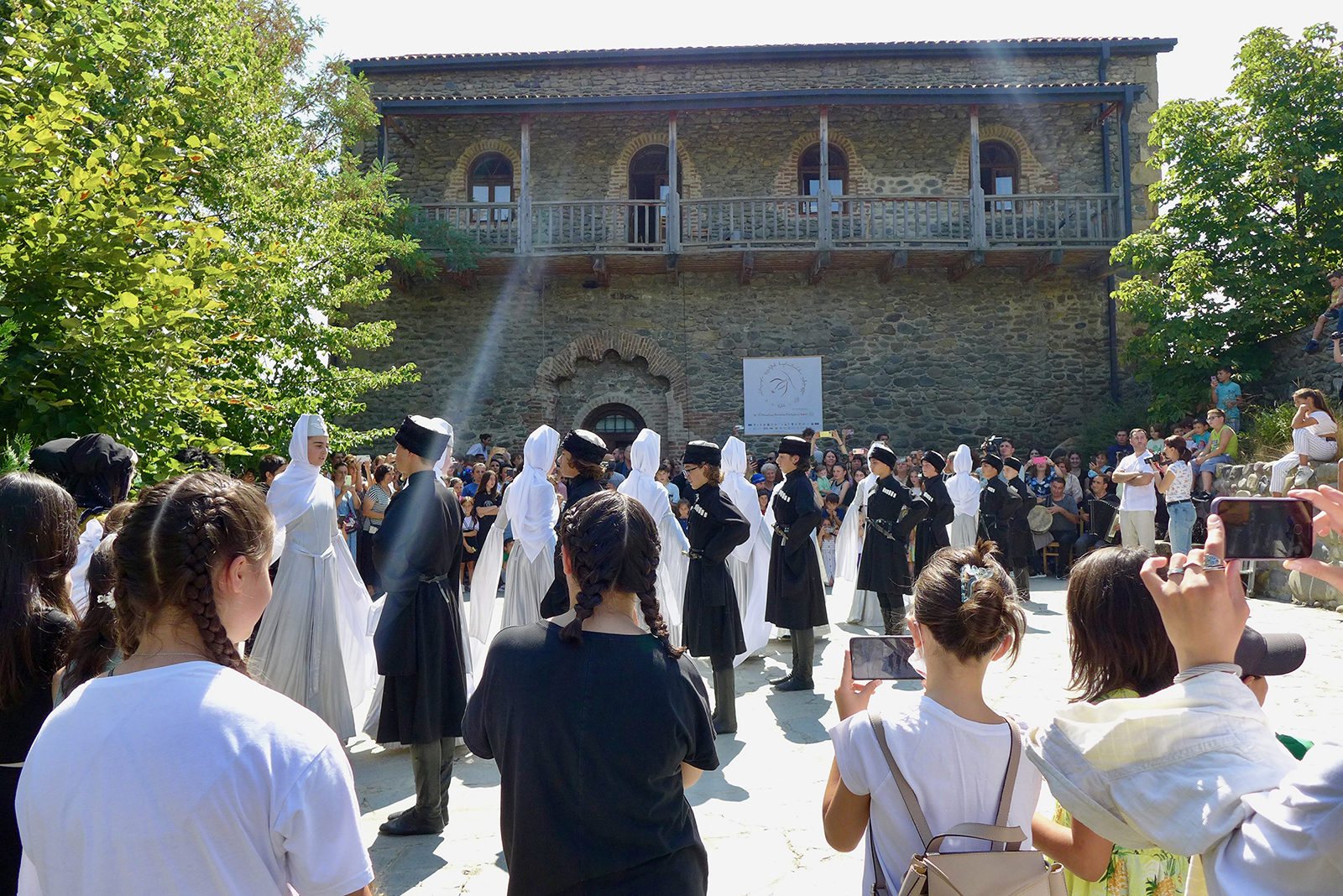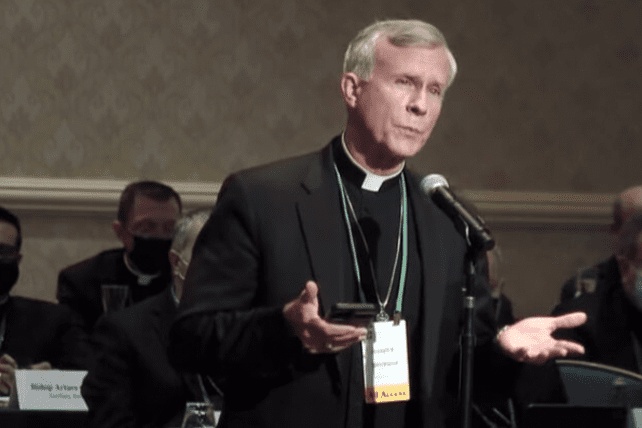Jesus and children have always had a special relationship. Why do children love Jesus so much? In the Gospels, it’s clear that kids loved Jesus because He first loved them. Jesus wasn’t posing for future artists when He invited children to gather around him. Actually, He didn’t have to do any coaxing. Children loved Jesus. So did their parents, who were eager for Jesus to bless their children.

Jesus and Children
Like a beloved grandfather, Jesus puts His hands on their heads and prays for them. I can imagine parents reminding their children, “Do you remember when Jesus prayed for you?” What a treasured memory.
It’s said that adults who love children are really kids at heart themselves. That is, they’ve retained the best qualities of childhood.
Although some grownups love to be around kids, some apparently don’t. There’s no question about how Jesus felt.
Jesus Loved to Be With Children
During three years of official ministry, Jesus prioritizes ministry to children. Jesus talks with kids, something only parents and grandparents usually did in that culture. Jesus commends the faith of little children who, in that culture, were sometimes considered incapable and unable to truly embrace religious faith until they were almost teenagers.
Not only that, but Jesus blesses children. He feeds them. He even uses a little boy’s sack lunch to feed the multitudes. Then Jesus sends 12 hefty baskets full of leftovers to help feed others.
Jesus also heals boys and girls who are sick, dying, or demon-possessed. He even resurrects a 12-year-old girl who has just died and an older boy who had died a few hours earlier.
In His preaching and teaching, Jesus says children are a strategic, essential part of His kingdom in heaven and on earth. In so many words, Jesus tells His disciples, “Listen, my kingdom belongs to kids.” Not only that, but Jesus adds, “Unless you become like a little kid, you can’t even get into my kingdom.”
The Bond Between Jesus and Children
What is Jesus talking about? Well, what are kids good at doing? They’re good at receiving. When you’re a young child, your mom and dad give you food. What do you do? You receive it. Your beloved grandparents send you a birthday satchel with five shekels in it. You receive it. God gives you a warm sunny day to go outside and play. You receive it.
The same thing applies to God’s kingdom. Can you work really hard to be part of God’s kingdom? No. Can you be good enough, for long enough, to earn God’s kingdom? Again, no. Can you pay lots of money to be part of God’s kingdom? No. That’s what grownups would try to do. Jesus says, That’s not the way to get into my kingdom. My kingdom isn’t like that at all. To get into my kingdom you have to get down lower—humble yourself—and trust me.
What do you have to do to be part of God’s kingdom? That’s right. You have to receive something. Or, specifically, someone.































